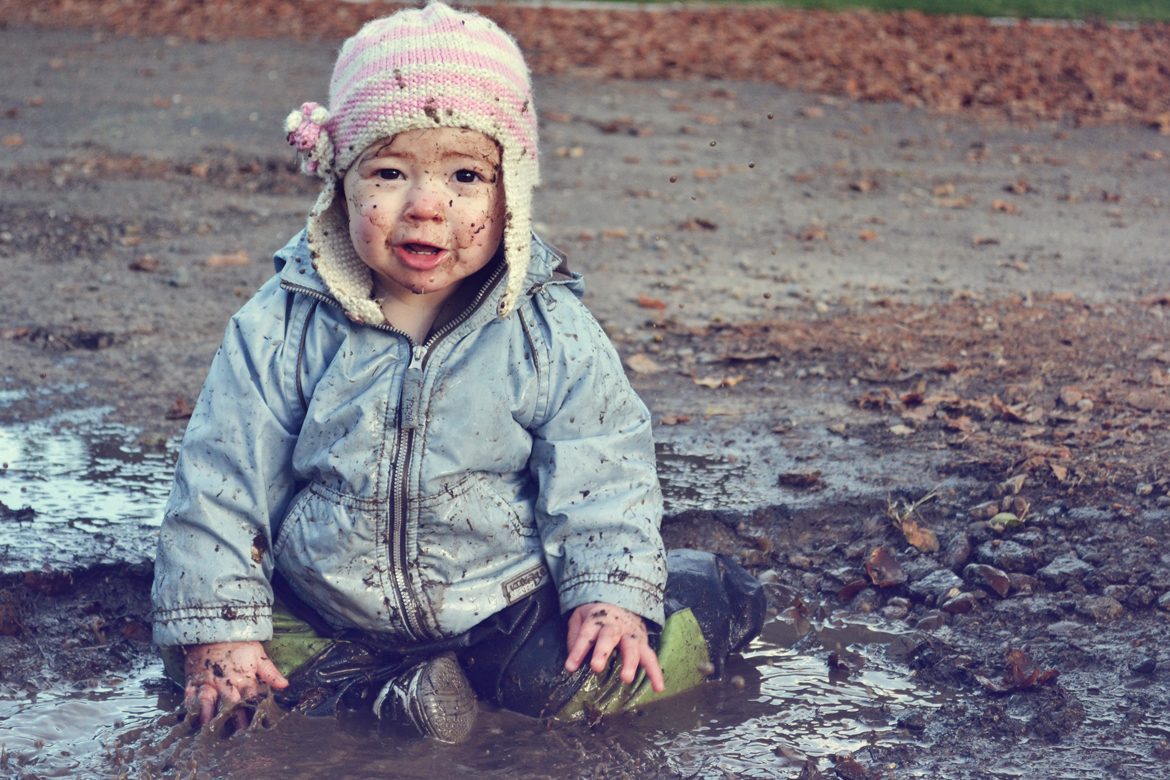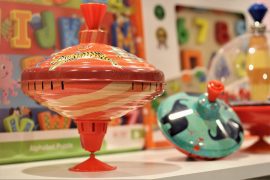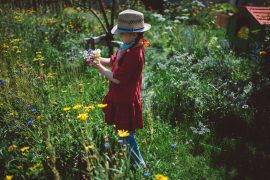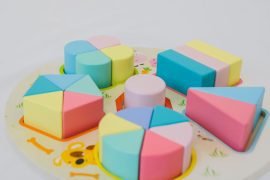A child rolls a handful of dirt into a ball, places a stick in the top and stands back to admire her creation. It’s a birthday cake, she tells the adult nearby. Chocolate mud cake – because it’s her mummy’s favourite.
This three-year-old is building her skills and knowledge through creative play. Children learn through playful, hands-on experiences with the encouragement of a supportive adult.
Play is important to healthy brain development as it encourages children to use their imagination. It is through play that young children engage and interact with the world around them.
“When children live in the moment, experiencing the world around them with all of their senses, they are playing that essential human activity which develops their intelligences and their spirit,” author Pennie Brownlee says.
Longworth Education Co-Director Sarah Aiono is an advocate for play-based learning. The Hawke’s Bay-based consultancy service provides support to teachers and educators wanting to create student-centred learning environments. Sarah has watched children flourish with their learning when they are given a choice in what they do.
“Playing gives children a great sense of joy and passion, when they experience those positive emotions they’re more likely to remember what they’re learning than when they’re not feeling so good.”
Children’s development is directly affected by the relationships with the people in their life. When young children play they often look to a parent or caregiver for reassurance that it’s safe to explore.
Sarah says many people are unaware of how intricate children’s learning through play really is.
“Children develop sophisticated oral language skills through rich conversation, which in turn builds key literacy knowledge important for communicating through a range of reading and writing genre.
“Mathematically, play is rich with opportunities for children to apply their knowledge to a vast array of everyday mathematical problems and ideas. Play has been seen to boost reading and writing levels and increase vocabulary scores of ‘at-risk’ student populations,” she says.
New Zealand’s Early Childhood Education Curriculum, Te Whāriki, includes five areas of learning, supporting children to develop into confident and competent learners. One of the strands is exploration – where the child learns through active exploration of the environment. The goal is that children experience an environment where their play is valued as meaningful learning.
Through creative play, children are learning to share and negotiate and are developing their decision-making skills. They are also discovering things as they go and moving at their own pace.
This type of play naturally unfolds in the comfort and security of home where children have the space and time to be themselves, rather than forcing them to fit in. Providing these environments is especially important during the first 1,000 days of a child’s life, as young brains need calm and familiar surroundings to learn and grow.
See next page for tips on how to encourage child-led play…











